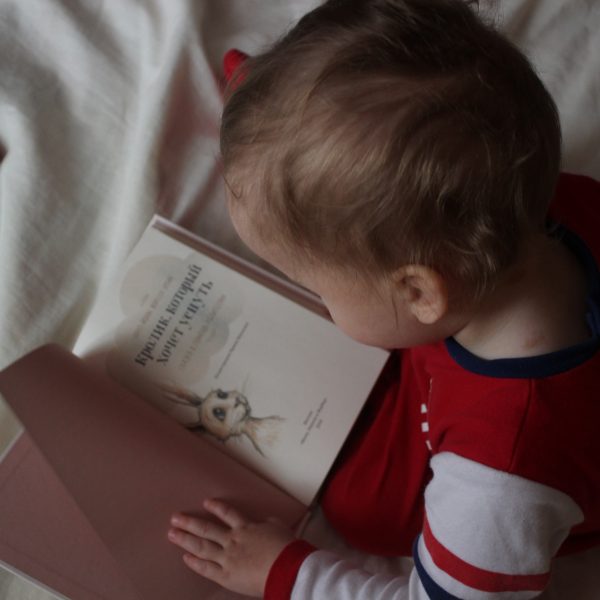Being bilingual could be natural therapy for children living with autism, researchers find

The characteristics of bilingualism allow autistic children to compensate for certain fundamental deficits, researchers from the University of Geneva (UNIGE, Switzerland), in collaboration with the Universities of Thessaly (Greece) and Cambridge (Great-Britain) have found.
Autism spectrum disorder affects more than one in a hundred children, and is one of the most common neurodevelopmental disorders, having a particular impact on social interaction, including difficulties in understanding other people’s perspectives, beliefs, desires and emotions, known as ‘theory of mind’.
Bilingual families with an autistic child often tend – and are sometimes encouraged – to forego the use of one of the home languages, so as not to further complicate the development of their child’s communicative skills, however the new research has shown that bilingualism allows autistic children to partially compensate for deficits in theory of mind and executive functions, which are at the root of many of their challenges.
Although autism spectrum disorder varies in its presentation, and the intensity of the presentation of symptoms also varies, one common element in all presentations is that children with autism have difficulties putting themselves in the place of others,” co-author Stéphanie Durrleman explained.
“Autism, therefore, affects not only everything that has to do with the theory of mind – understanding the beliefs, emotions, intentions and desires of others – but also often executive functions, including attentional abilities.”
Studies on bilingualism have shown that children without autism who use several languages have increased theory of mind and executive function skills compared to monolingual children.
“Bilingualism therefore seems to bring benefits precisely where the autistic child has difficulties”, Ms Durrleman noted. As a result researchers wondered whether bilingual autistic children manage to mitigate the difficulties of their neurodevelopmental disorder by using two languages every day.
To reach their findings, researchers worked with 103 autistic children aged between six and 15 years, 43 of whom were bilingual.
The participants then performed various tasks to assess their theory of mind and executive function skills. ‘the bilinguals’ quickly distinguished themselves by scoring higher than their monolingual peers, co-author Eleni Peristeri of the University of Thessaly said.
“On tasks relating to theory of mind, i.e. their ability to understand another person’s behaviour by putting themselves in their place, the bilingual children gave 76 per cent correct answers, compared with 57 per cent for the monolingual children”, she continued.
“The same is true for executive functions: the score for correct responses in bilinguals is twice that of monolinguals. But why are the differences so clear?”
“Bilingualism requires the child to work first on skills directly related to theory of mind, i.e. he or she must constantly be concerned with the knowledge of others: Does the person I am speaking to speak Greek or Albanian? In what language should I talk to him or her? Then, in a second phase, the child uses his executive functions by focusing his attention on one language, while inhibiting the second”, she continued.
“This is a real gymnastics for the brain, which acts precisely on the deficits linked to the autistic disorder.”
“From our evaluations, we can clearly see that bilingualism is very beneficial for children with autism spectrum disorders”, Ms Durrleman enthused.
The findings are important for the care of children diagnosed with autism. “Indeed, as this neurodevelopmental disorder often affects language acquisition, bilingual families tend to give up the use of one of the two languages, so as not to exacerbate the learning process.”
“However, it is now clear that far from putting autistic children in difficulty bilingualism can, on the contrary, help these children to overcome several aspects of their disorder, serving as a kind of natural therapy”, she concluded.
The research was published in the journal Autism Research and may be accessed here.
Popular

Workforce
Policy
Quality
Practice
Provider
Research
ECEC must change now, our children can’t wait for another inquiry
2025-07-02 07:47:14
by Fiona Alston

Workforce
Practice
Provider
Quality
Research
Supporting successful transitions: Big moves, big feelings
2025-06-26 11:00:30
by Fiona Alston

Practice
Quality
Research
When joyful autonomy matters so much more than curriculum outcomes
2025-06-25 09:30:36
by Contributed Content













